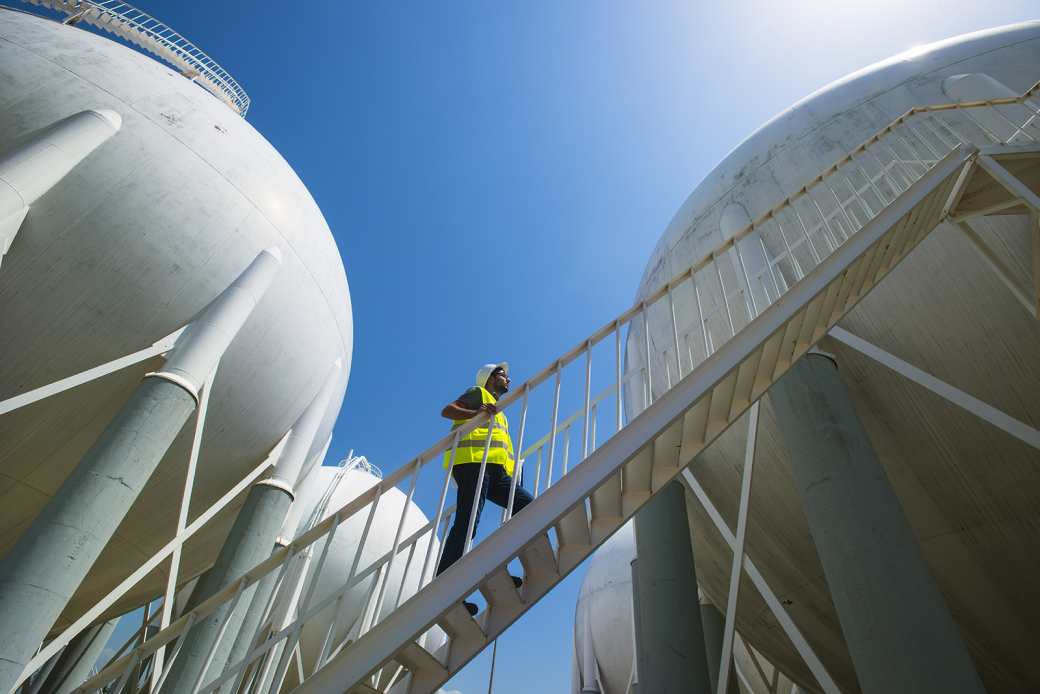
Industrial gas companies are facing challenging conditions to reduce carbon emissions as they aim for decarbonization. Despite this, the demand for industrial gas is anticipated to grow, particularly in developing countries, due to ongoing economic expansion. According to Statista, the global market value of industrial gases amounted to USD 92 billion in 2020 and is expected to exceed USD 147 billion in 2028.
To meet changing customer demands while balancing the costs of producing, storing, and selling liquid versus gas products, air separation and liquefier plants must be able to adapt. This includes accounting for real-time electricity price changes, particularly during peak hours of the day. These plants also need to automatically adjust their production rates with minimal supervision to maximize profitability.
One proven solution, PACE (Platform for Advanced Control and Estimation), has improved the competitive position of plants facing similar issues and opportunity gaps. This platform uses advanced process control (APC) technology and is customized to meet the specific economic production goals of each plant.
Recently, two industrial gas leaders chose the PACE software by KBC to help them reach their decarbonization goals. To avoid product venting during unplanned changes in customer demand, they implemented automatic load modules to harness energy savings. Using the economic function feature in PACE, the clients were able to optimize and automate the production priority mode changes, without relying on any manual intervention. This user-friendly feature helped the clients adapt to changes in customer demand while optimizing the performance of their air separation units (ASUs) and N2 liquification units (NLU). The main feedstock of an ASU is ambient air, which feeds the main air compressor (MAC). Because the MAC is driven by large electric motors and consumes large amounts of electricity, it is the largest operating cost and directly impacts profitability.

Table 1: PACE increases production by 12% and reduces energy consumption by 9%.
For each ASU, KBC collaborated with each client to design and implement a tailored APC solution. As a result of using the APC, profits and product recovery increased, constraint control improved, produce waste decreased, and triggered overrides were avoided. Furthermore, the clients observed a 13% increase in Argon recovery and 9% reduction in energy consumption (KWh), as shown in Table 1. This net average change was compared to 7 days of runtime before and after the APC implementation. It is worth noting that the production of Argon, the most valuable by-product of an ASU plant due to its high demand and profit margin, increased by 12%.
Many factors can affect ASU energy and production efficiency. These include changing production supply and demand, front-end purification cycle disturbances, and weather conditions. Failure to quickly adapt to such circumstances results in product loss, increased operating costs, and ultimately decreased profits. Thus, the operator needs to manage these issues to transition from a state of instability to stability as shown in Figure 1.

Figure 1: PACE helps operators control disturbances that impact operations.
Reaching decarbonization includes more than just technology. Our consultants provided the clients with several on-site consultations to develop and implement a customized APC solution that met their needs and goals in a timely manner. Furthermore, we also offered the operators hands-on training and guidance from start to finish.
Industrial gas companies are shifting towards a low-carbon future, and this will result in a higher demand for APC technologies. By investing in APC systems, you can enhance your plants infrastructure, improve manufacturing cost control, streamline daily operations, and boost ROI. If you are contemplating whether an advanced APC system is suitable for your manufacturing plant, the following are several questions to consider:
If you answered “yes” to any of the above questions and would like additional information on how PACE can help your specific situation, please contact Brian Burgio, APC Program Manager.